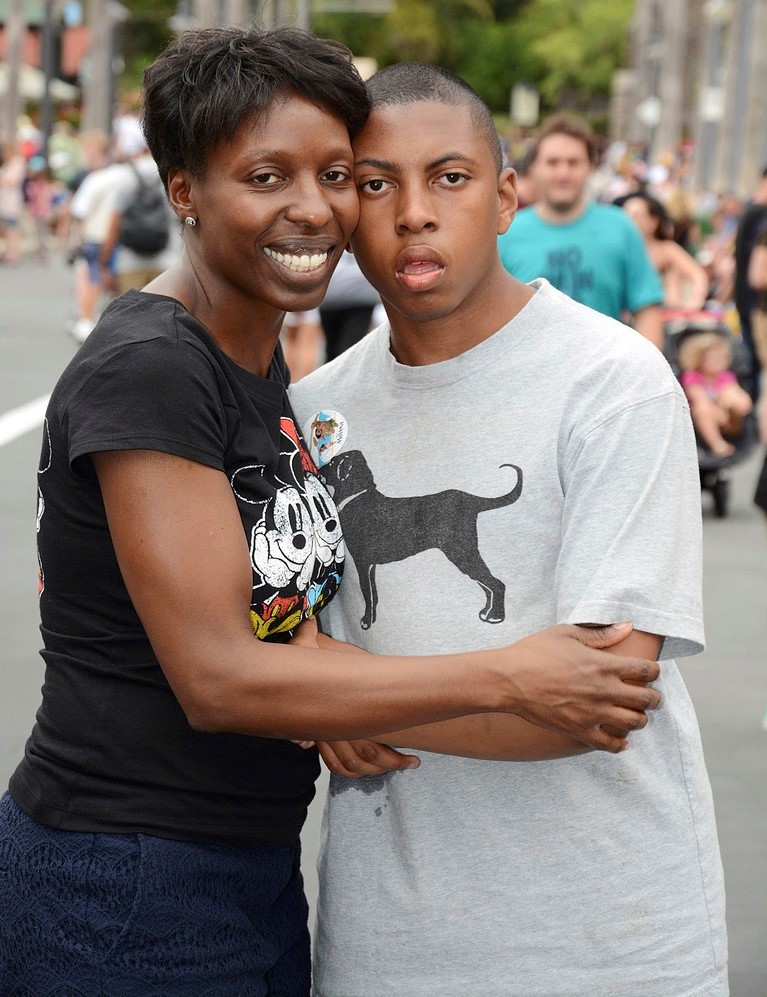
Five years ago, my son and I were in the grocery store when three boys ran up to us. “Hey! It’s Emerson!” one said. “Hi, Emerson!” I was bewildered. I’d never seen these kids before, but from the smile on my son’s face, I could tell that he had. The encounter lasted mere seconds, but it left me in tears. For the first time in his life, he had friends.
Emerson was born with a rare disorder—a genetic condition called chromosome 8, monosomy 8p—that causes intellectual disability and makes communication extremely difficult. He will never be able to drive or live on his own.
As a toddler, Emerson spoke very little and screamed, kicked, and flailed a lot. We taught him to express his needs and emotions by touching, but I often had to drop to the ground and bear-hug him to calm him down.
Although Emerson didn’t realize he had no friends, it pained me. I’d see kids gathering on our block, and I knew that he’d never be included.
When we enrolled Emerson in public school, I had zero expectations. He and the other kids in his special-needs class didn’t really interact with each other, and Emerson never had playdates. So when I saw those kids at the store call to him, I was baffled.
I followed one of the boys back to his father, who explained that they knew each other through Best Buddies International, a group that promotes friendship and inclusion for people who have intellectual and developmental disabilities. These boys sat with my son in the cafeteria weekly and read with him during the day. I’d had no idea.
We moved to another state the following year, but I still consider their friendship to be a gift—and not just for Emerson. Best Buddies helps students without disabilities realize that even though some children are different, you can still be friends with them. Thanks to Best Buddies, I can now see a future where my son is included.
Parents Magazine
